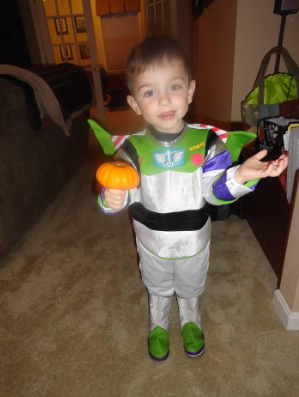Written by Nicole Thomas, Social Media Coordinator
Support can mean a lot to those who are struggling with mental illness. With social media allowing for the widespread flow of information, it is important to know how to use social media to help others. There are several ways that people can use social media to support others who may be struggling with their mental health, including online fundraisers, sharing positive mental health-related content and having conversations about mental health.
One way that people can support others is through fundraisers. Facebook allows people to have fundraisers, including birthday fundraisers on their page to raise money for causes they care about. These causes can include raising money for mental health nonprofits.
To Write Love on Her Arms, a mental health nonprofit that helps people who are experiencing depression, addiction, self-injury and suicide, encourages people to have birthday fundraisers to raise money for their organization. The donations help people receive treatment and connect to resources. Other mental health nonprofits that people have raised money for on Facebook is National Suicide Prevention Lifeline, American Foundation for Suicide Prevention and Mental Health America.
Another way that people can help support others is by sharing positive mental health-related content. In the article, “10 Types of Mental Health Content You Can Share on Social Media,” David Susman, clinical psychologist, says that people can advocate for mental health on social media by sharing quotes, local events, videos, blog posts and podcasts that are mental health-related. When I see mental health quotes and mental health content on social media, it makes me feel better. I also share this type of content on my Facebook page or Instagram story.
People can also support others on social media by having conversations and sharing their experiences about mental health. When people share their experiences with mental health issues, they may receive encouragement and support while helping others feel less alone. In the article, “Coming Out About Mental Health on Social Media,” Tarena Lofton explains how a PhD student who experienced depression, created a Twitter account called PhDBalance. This Twitter page allows people who are enrolled in school to feel comfortable sharing their experiences with anxiety, depression, substance use and PTSD.
By people having birthday fundraisers for mental health-related causes, sharing content and having conversations about mental health on social media, they are making a difference in the lives of those who are struggling with mental health and mental illness.








